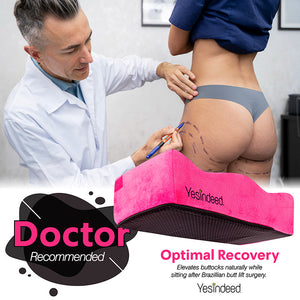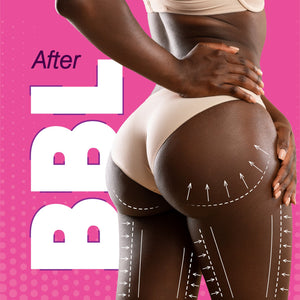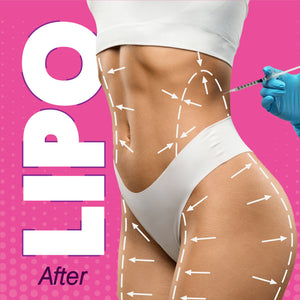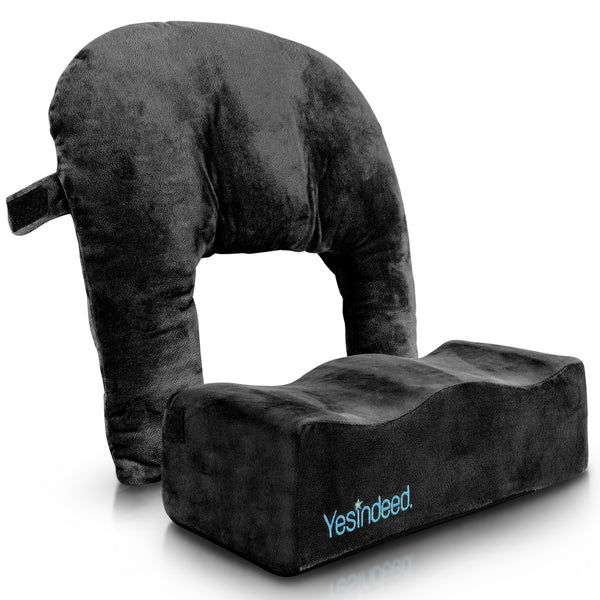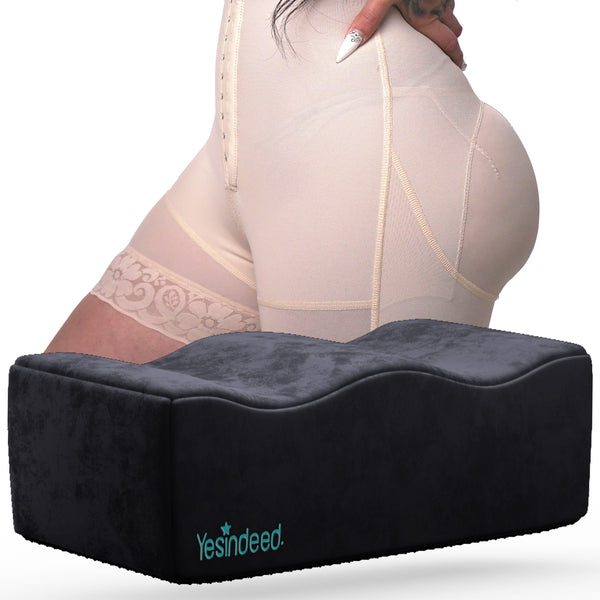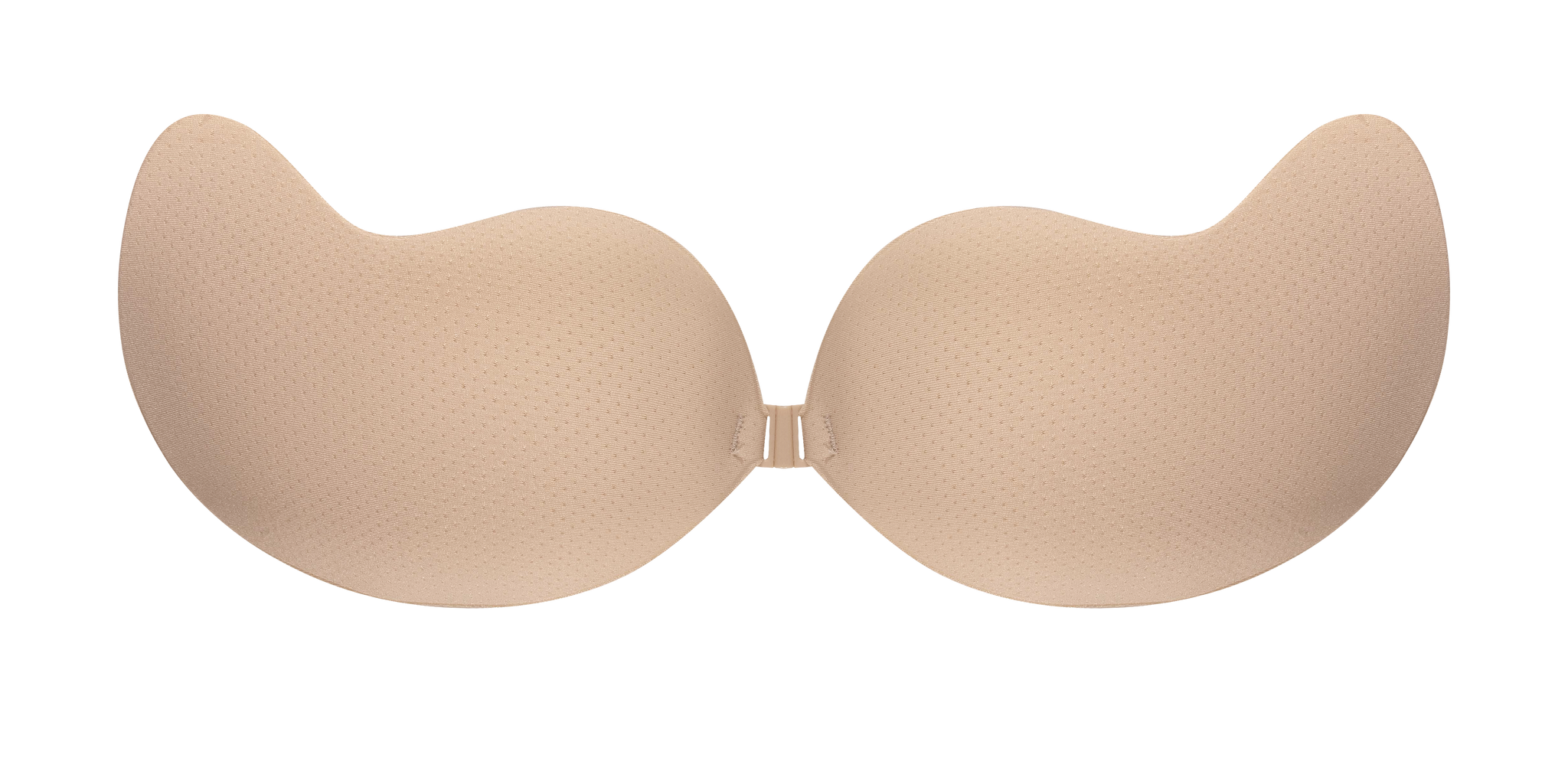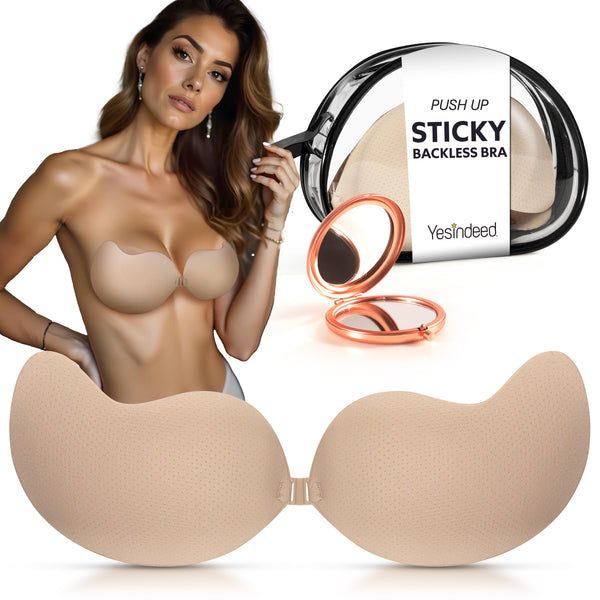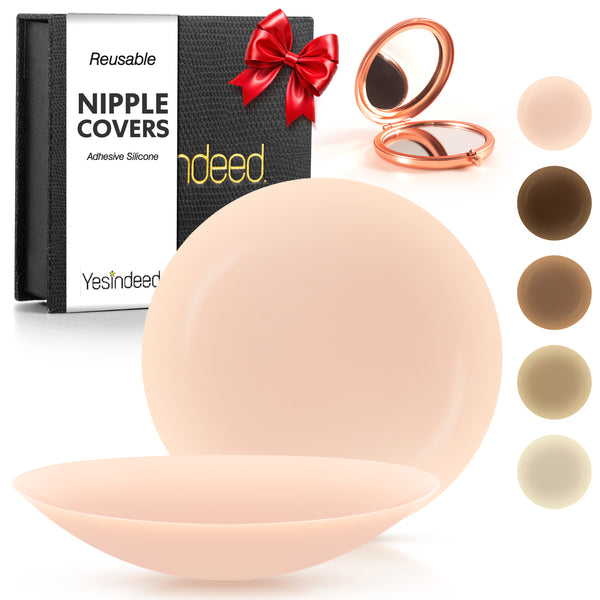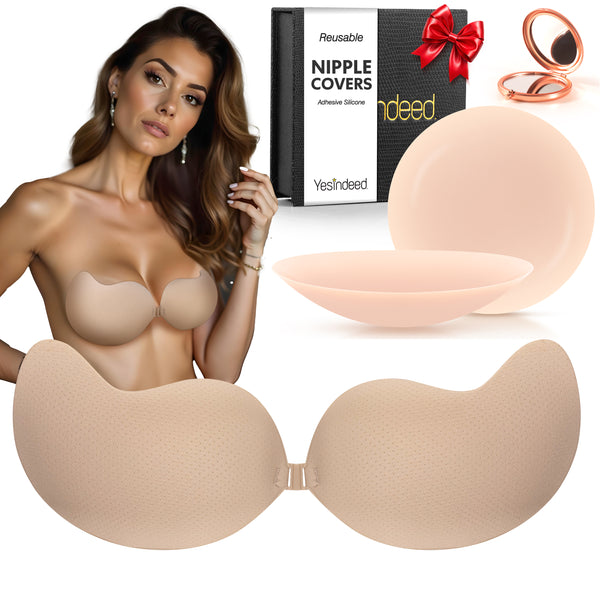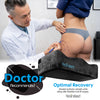Recovering from chin liposuction involves more than just resting, following your surgeon's post-operative instructions, and paying close attention to your diet. The foods you consume during this critical period can significantly impact your healing process, swelling, and overall recovery experience. A well-planned recovery diet should support tissue repair, minimize inflammation, and provide the essential nutrients needed for your body to heal effectively. This guide outlines the key dietary considerations and recommendations to help you navigate your chin liposcuction recovery journey with optimal nutrition and care, ensuring a smooth and speedy return to health and well-being.
Chin Liposuction Recovery Diet : Key Points

Immediate Post-Operative Period (First 24-48 Hours)
- Fluid Intake: Stay hydrated with water, herbal teas, and electrolyte-rich drinks to help with swelling and detoxification.
- Soft Foods: Stick to gentle, easy-to-chew foods like yogurt, applesauce, and smoothies to avoid strain on the surgical area.
First Week
- Protein-Rich Foods: Incorporate lean proteins like chicken, fish, or tofu to aid in tissue repair.
- Fruits and Vegetables are high in vitamins and minerals and essential for healing. Opt for softer options, like bananas or steamed vegetables.
Second Week Onward
- Gradual Introduction of Regular Diet: Slowly reintroduce your diet while focusing on nutrient-rich foods.
- Reduced Sodium Intake: Limit salty foods to minimize swelling.
Ongoing Nutritional Support
- Vitamin C and Zinc are crucial for skin health and wound healing.
- Anti-Inflammatory Foods: Foods like berries, nuts, and green leafy vegetables can help reduce inflammation.
- Adequate Fiber: Ensures proper digestion and helps in maintaining a healthy weight.
Things To Avoid
- Alcohol and Smoking: Both can impair healing and should be avoided.
- Processed Foods: High in salt and sugar can increase swelling and slow recovery.
- Excessive Sugar: This can lead to inflammation and should be limited.
- Consistent Hydration: Helps flush out toxins and keeps the skin healthy.
- Gentle Exercise: As your surgeon recommends, boost circulation and healing.
Consultation With A Nutritionist
- Consulting a nutritionist or dietitian is advisable for a personalized diet plan, especially if you have specific dietary needs or health concerns.
Monitoring Portion Sizes
- Moderate Eating: It's important to avoid overeating during recovery. Smaller, more frequent meals can be more manageable and less taxing on the digestive system.
Incorporating Healthy Fats
- Omega-3 Fatty Acids: Found in fish, flaxseeds, and walnuts, these fats are anti-inflammatory and can aid healing.
- Avocados and Olive Oil: Good sources of monounsaturated fats, beneficial for skin health.
Balanced Carbohydrate Intake
- Whole Grains: Opt for whole grains like brown rice, quinoa, or whole wheat for sustained energy and fiber.
- Avoid Refined Carbs: White bread, pastries, and sugary snacks can cause blood sugar spikes and hinder healing.
Supplement Consideration
- Discuss with Your Doctor: Consult your healthcare provider before taking supplements to ensure they won't interfere with your recovery.
Mindful Eating
- Listen to Your Body: Pay attention to hunger and fullness cues. Eating slowly and mindfully can improve digestion and satisfaction with meals.
Long-term Dietary Habits
- Sustainable Eating Patterns: Post-recovery, maintain a balanced diet to support overall health and prevent weight gain, which can affect liposuction results.
Emotional Support And Eating
- Emotional Well-being: Recovery can be emotionally challenging. It's important to avoid turning to food for comfort. Seeking support from friends, family, or professionals can be beneficial.
Regular Check-ups
- Follow-up Appointments: Regular check-ups with your surgeon can help monitor your recovery, and dietary adjustments can be made as needed.
Hygiene And Care of Surgical Site
- Maintain Cleanliness: Proper hygiene is crucial to prevent infection. This includes taking care of the surgical area as instructed by your surgeon.
Conclusion
Recovery from chin liposuction is not just about physical healing; it involves a holistic approach that includes a balanced diet, mental well-being, and attentive self-care. A nutritious diet is pivotal in ensuring a smooth and efficient recovery. Remember, every individual's recovery journey is unique, so it's important to communicate closely with your healthcare team for personalized advice and guidance.









